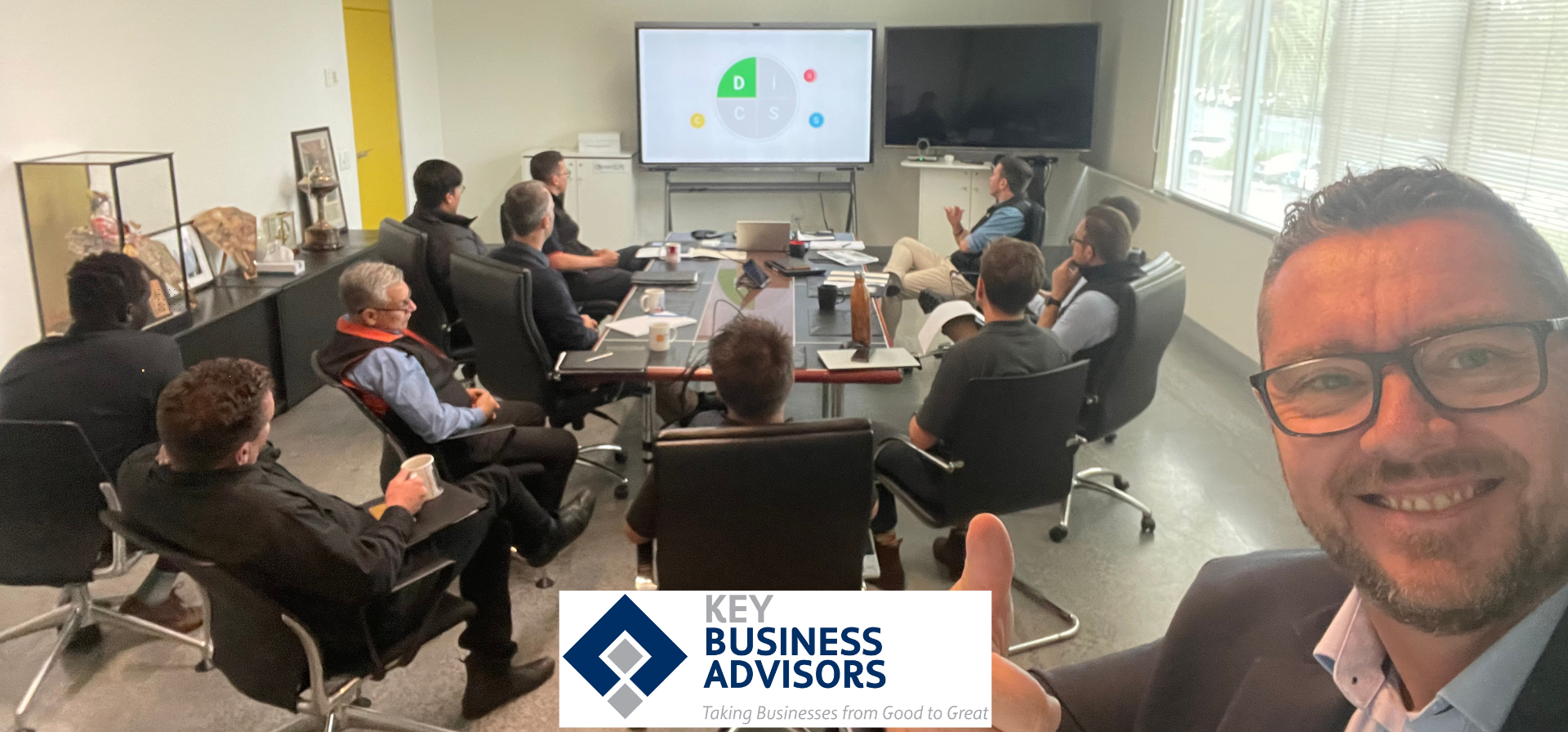How to Handle Objections and Close the Sale
By Colin Wilson
Director, Key Business Advisors
There will always be customers who would hesitate to make the decision to buy something, particularly if they are considering things like gadgets and big-ticket items. It is the sales professional’s job to educate customers on the product or service that best meets their needs, overcome customers’ objections, and close the sale. I cannot stress enough the importance of sales professionals having strong product knowledge!

Advice: Before trying to close the sale, successful sales professionals make sure they have the answers to the following questions, and that the customer fully understands those answers:
– What is the product or service that you offer?
– How would the customer use it in their everyday environment?
– What are the product’s or service’s benefits to the customer?
– Why would the customer need the product or service?
If the customer has any objections, you need to ask the right questions to overcome those objections. As I always say, you must get below the surface to increase your opportunities to close the sale. Otherwise, your customer will walk out of your business… and possibly into your competitor’s!
You can prepare for a customer’s objections if you anticipate them – if you know customers’ common objections, then you already have the answers even before a customer has a chance to bring them up. When there is no problem with what you’re offering to meet the customer’s need, then you can close the sale.
There are seven ways to close a sale:
- Soft trial close, e.g. “Do you like what I have shown you so far?”
- Hard close, e.g. “Would you like me to get this organised for you now?”
- Alternative close, e.g. “Would you like this in silver or black?”
- Assumptive close: assume the sale if you have a positive conversation with the customer and all the buying signals are present, e.g. “Based on our discussion today, let’s get this organised for you!”
- Third-party close: get your manager involved to gain the customer’s commitment to the purchase
- Comparison close: you can either offer an alternative product or service, or compare what the customer is currently spending with what they would spend if they were to accept your suggested product/service.
- Benjamin Franklin close: list the pros and cons – help the customer identify the reasons for and the reasons against what you are offering.
For more examples of trial closes that you can use, download Trial Closes: 50 Examples from our website for free. If you would like more information on handling objections and closing the sale, email info@keyba.com.au or call 1300 4 ADVICE.


